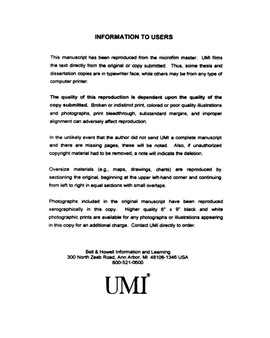| dc.description.abstract | This study uses the linguistic concept of markedness as a method for analyzing literature. Because markedness is rarely used when examining literature, I spend the first part of the work explaining the concept and how it can be applied to literature. I discuss the two types of opposition in markedness, binary and scalar, and how they differ in terms of markedness analysis. In an attempt to show the clearest way in which markedness works in the analysis of literature, I work with four novels that have more than one narrator: Frankenstein by Mary Shelley, Wide Sargasso Sea by Jean Rhys, Tracks by Louise Erdrich, and As I Lay Dying by William Faulkner. By their very nature, these texts offer an opposition between narrators, an opposition that makes it possible to analyze them using markedness. I argue that markedness works on three levels in these texts: the narrative, the textual, and the cultural. At the narrative level, the oppositions revolve around the narrators. At the textual level, characters and cultures in individual texts form the oppositions. At the cultural level, the form and style of the text and the author's place in his or her own culture are the focus. At all three levels, I argue, markedness analysis shows concretely how the themes of isolation and otherness work in the texts and, further, how these themes are connected among the different levels. | en_US |
